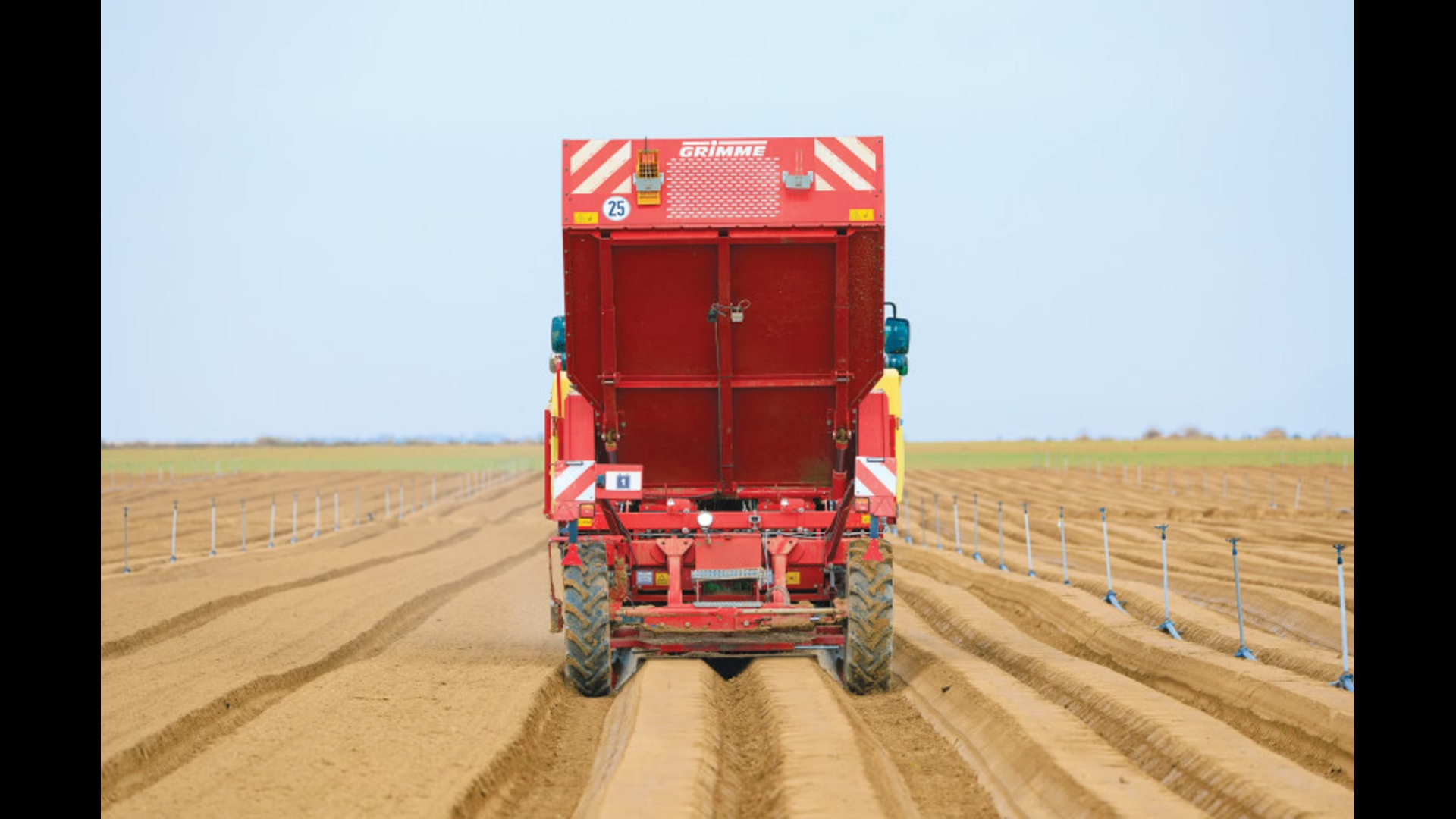POTATO FIELD at Kibbutz Urim in the South. (credit: MOSHE SHAI/FLASH90)
War, labor shortages, and climate change are pushing Israel’s food supply system to its limits.
By Joanie Margulies
Published: May 1, 2025
Food security in Israel is facing one of its biggest crises in decades. The ongoing Israel-Hamas war, coupled with labor shortages, climate change, and supply chain disruptions, has dramatically impacted the country’s ability to feed its people.
Why Food Security Matters in Israel
Food security is the foundation of national stability. For years, Israel’s advanced agricultural technology allowed it to thrive despite limited natural resources. Using innovations such as drip irrigation and desalination, Israel became about 60% self-sufficient in food production.
However, this balance is now under threat.
Key Challenges Facing Israel’s Food Supply
1. War Damage to Key Agricultural Zones
- The southern regions, especially near the Gaza border, were hit hardest.
- Crops like tomatoes, cucumbers, and olives—vital to Israel’s domestic food supply—have suffered.
- Farming infrastructure has been destroyed or severely damaged.
2. Loss of Agricultural Labor
- Foreign workers from Thailand, Nepal, and the Philippines were killed or taken hostage during the October 7 attacks.
- Many agricultural workers from Gaza and the West Bank have been displaced.
- Labor shortages during harvest season have reduced crop yields.
3. Disrupted Supply Chains and Infrastructure
- Damaged roads and blocked routes have slowed food distribution.
- Air travel restrictions affected imports and exports of essential food items.
- Remote regions, especially in the Negev Desert, now suffer from limited access to fresh produce.
Food Deserts and Vulnerable Populations
Food deserts in Israel—areas with limited access to healthy, affordable food—are expanding. This is especially true for:
- Bedouin communities in the Negev
- Low-income neighborhoods in major cities
- Holocaust survivors, single-parent families, and large families living below the poverty line
According to Latet, Israel’s largest anti-poverty organization:
“Over 325,000 families in Israel experience severe food insecurity,” says founder Gilles Darmon.
“Some go days eating only potatoes or onions.”
Latet assists about 100,000 families each month with nutritious food and basic essentials, playing a key role in battling hunger.
Israel’s Dependence on Global Imports
While Israel is technologically advanced, about 40% of its food supply still comes from global imports. This dependency leaves the country vulnerable to:
- International trade disruptions
- Fuel price hikes
- Global conflicts impacting shipping routes
Despite efforts, these challenges have strained the system.
The Role of Innovation in Sustainable Agriculture
As Israel navigates this crisis, innovation remains key. The country must continue to invest in:
- Climate-resilient crops
- Vertical farming in urban areas
- AI-powered irrigation systems
- Local food production to reduce import reliance
Combining technology with sustainable practices will be essential to future-proof Israel’s food supply.
What’s Next for Israel’s Food Security?
As the conflict continues, the government and NGOs are working to:
- Rebuild destroyed agricultural zones
- Secure safe routes for food distribution
- Expand emergency food aid to underserved populations
- Train a new generation of agricultural workers
Still, much work remains to ensure food access for all Israelis.
#IsraelFoodCrisis #FoodSecurity #IsraelAgriculture #WarImpact #SustainableFarming
